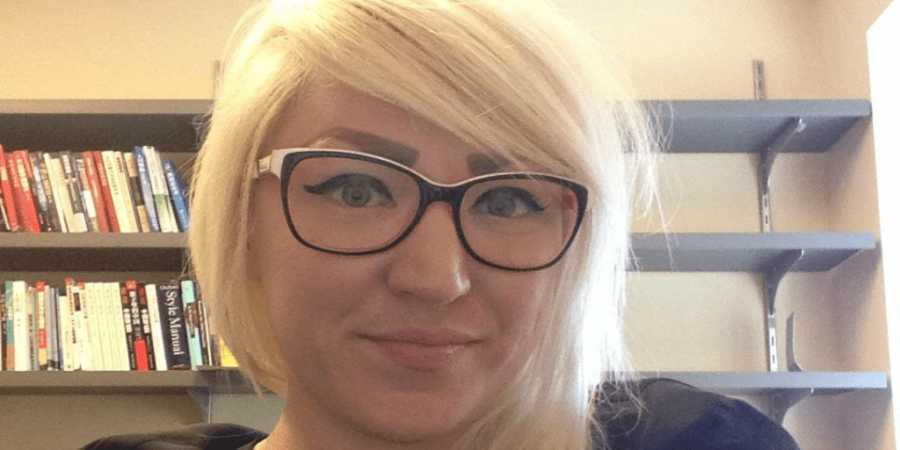The difference that Mona and I have on the interpretation of verse 4:34 of the Qur’an is really related to our basic theological orientations. In addition to bringing to light the issues involved in gender roles, it also highlights the diversity of systematic traditions in the Muslim world.
My friend Mona Sheikh writes about verse 4:34 in a way that is complementary to my approach to the text. She says:
The statements and fatawa [religious ruling] on dealing with “a rebellious” woman are primarily based on a particular interpretation of the Quranic verse (4:34) and some other textual sources found in Muslim, Tirmidhi, Abu Daud, Nasai and Ibn Majah. This approach has cemented itself historically through e.g. Ibn Kathir, al-Tabari, Razi, al-Shafi or al-Nawawi. Many traditionalist scholars – it should rightfully be added – argue that it is just barely permissible, and should preferably be avoided, and they are justifying this opinion by ahadith [tradition or saying of the Prophet Muhammad, peace be upon him] on the Prophet’s personal feelings with regard to this problem. And some again stress that beating, nudging or tapping should be a symbolic act, if resorted to at all.
Nicely supplementing my philological argument with a broader view of the interpretive tradition. Her article really is worth reading in full as it talks about the Muslim responsibility to engage with these debates, questions of authenticity, and what is shari’ah.
Our editor, Asma Uddin, notes the sympathy between our articles as well. However, Mona does indirectly critique my approach by saying:
“Several contemporary Muslim intellectuals have already challenged the traditional reading. These scholars often engage in philological or linguistic debate on the reading of Q 4:34 to denounce the “beating” translation of the Quranic verb idribu. The arguments are that Arabic is such rich a language that many meanings can be read out of the Quran. The weakness in these kinds of arguments is that they are based on an argument of ‘ambiguity’ and that every ‘reading is an interpretation’, which by the logic of the argument allows equal legitimacy for those interpretations that they do not agree with.”
Although she softens her stance slightly later by saying, “It is not only to look at the Quran and approaching the ambivalence of the word, even though I recognize the discursive advantage in doing so.” From my perspective this is not only a discursive advantage, but a deeper one of attempting to reclaim meaning from a text that is quickly turning into a fossil by so-called “religious authorities,” who speak with the authority of God while saying “shirk” to those who would argue with them. Mona adopts the position of Abdelkarim Soroush, perhaps one of the greatest Iranian intellectuals alive today, and says that we need to broaden our understanding of what is “Islamic knowledge.” She then moves on to Tariq Ramadan who says that natural sciences are opposed to religious sciences.
My contention is that although these two thinkers are using similar vocabulary, they are approaching the topic very differently. Soroush comes from a Shi’ah intellectual tradition, in which the stark dichotomy between natural and religious sciences was never cemented as it was in the Sunni tradition. Soroush is arguing a classical Shi’ah understanding of the way of textual interpretation. Ramadan is describing the present Sunni scholastic tradition. I come out of a Shi’ah scholastic tradition and Soroush’s approach is part of the way I conceive the text, and in fact, while understanding Ramadan’s approach, I cannot locate myself in the division he describes. The first part of the interpretative approach for me is to do the philological analysis so that we can bring our total knowledge (‘ilm) to bear on the question of what the verse means by using our intellect (‘aql). I think the difference that Mona and I have is really related to our basic theological orientations. In addition to bringing to light the issues involved in gender roles, it also highlights the diversity of systematic traditions in the Muslim world.
Hussein Rashid, a PhD candidate in Harvard University’s Department of Near Eastern Languages and Civilizations, blogs at Islamicate and Religion Dispatches.



